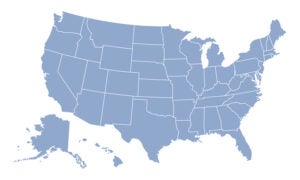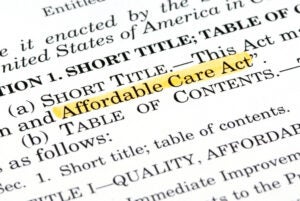Federal Rule Gives Regulators Enhanced Tools to Ensure Equitable Access to Behavioral Health Care

Last fall, the Biden Administration finalized a rule updating standards for the Mental Health Parity and Addiction Equity Act (MHPAEA). In their latest piece for the Commonwealth Fund, CHIR’s JoAnn Volk and Billy Dering discuss the new requirements for use of “non-quantitative treatment limits” that impose significant barriers to behavioral health treatment.








